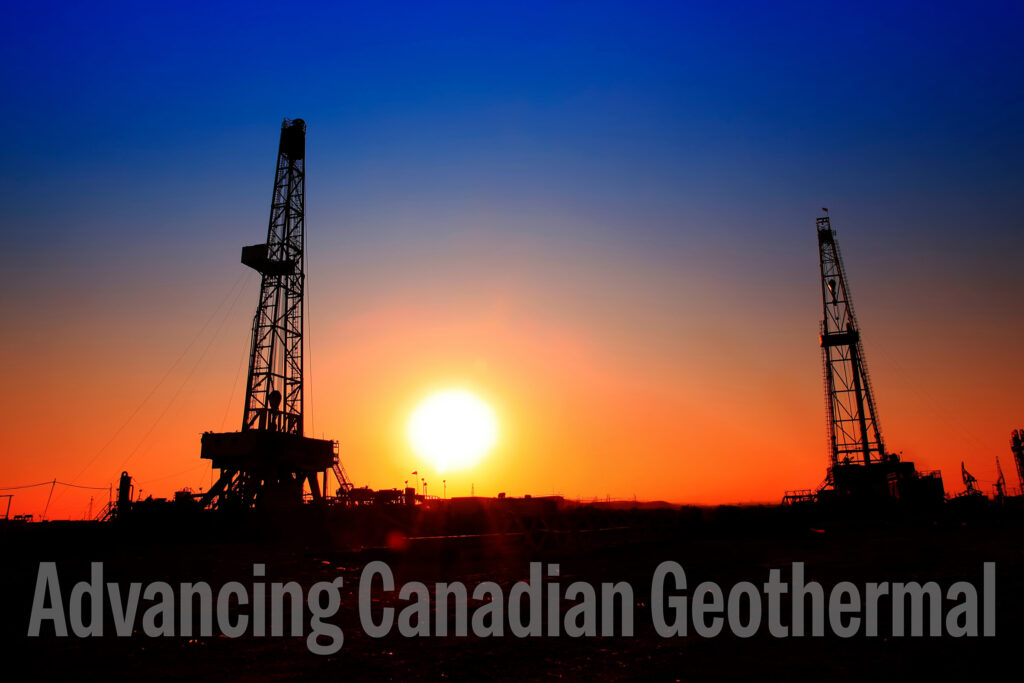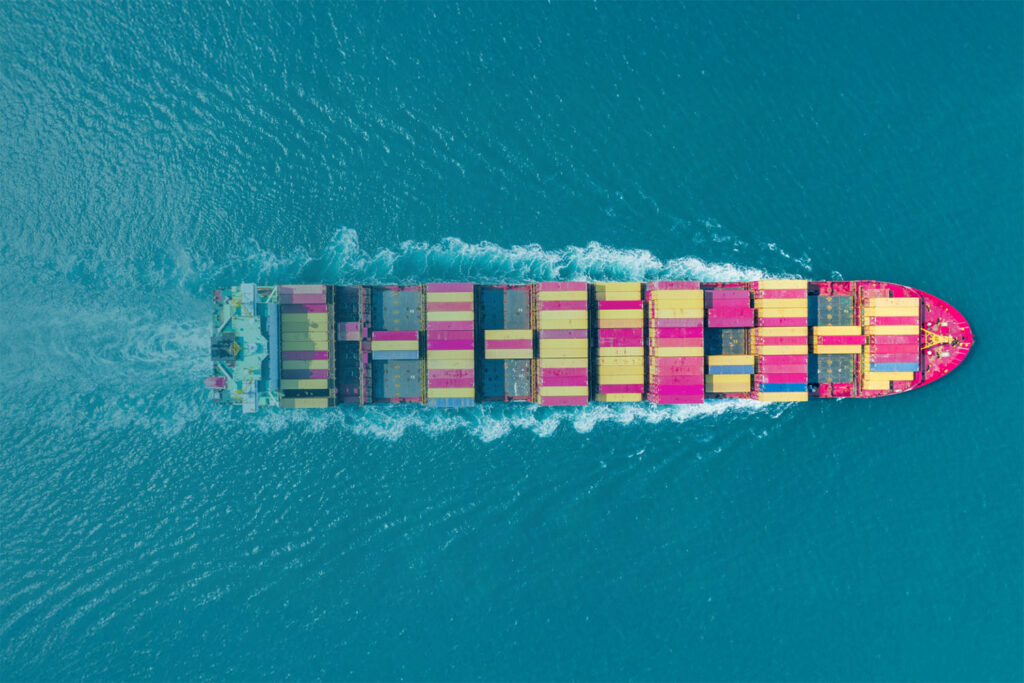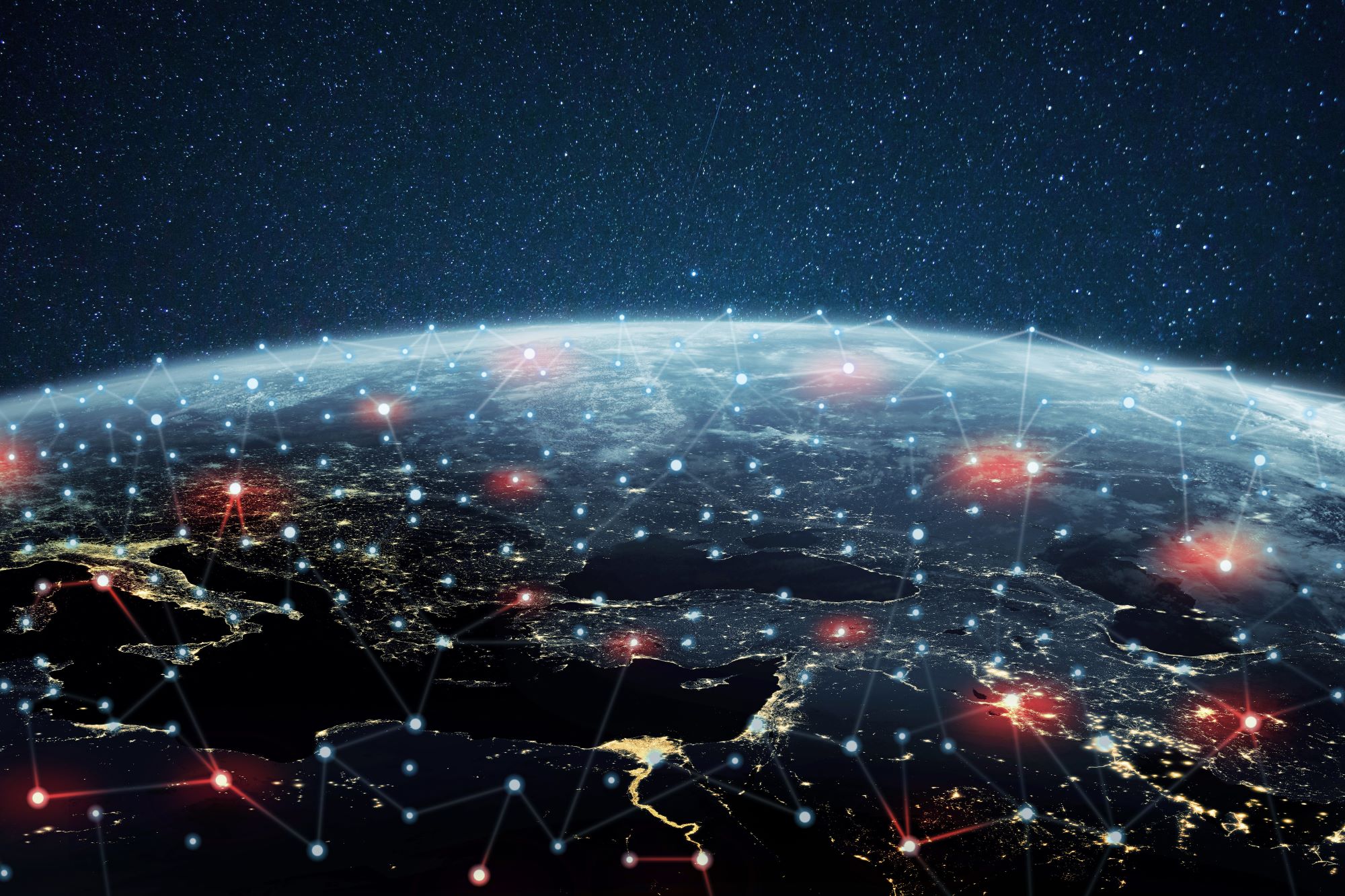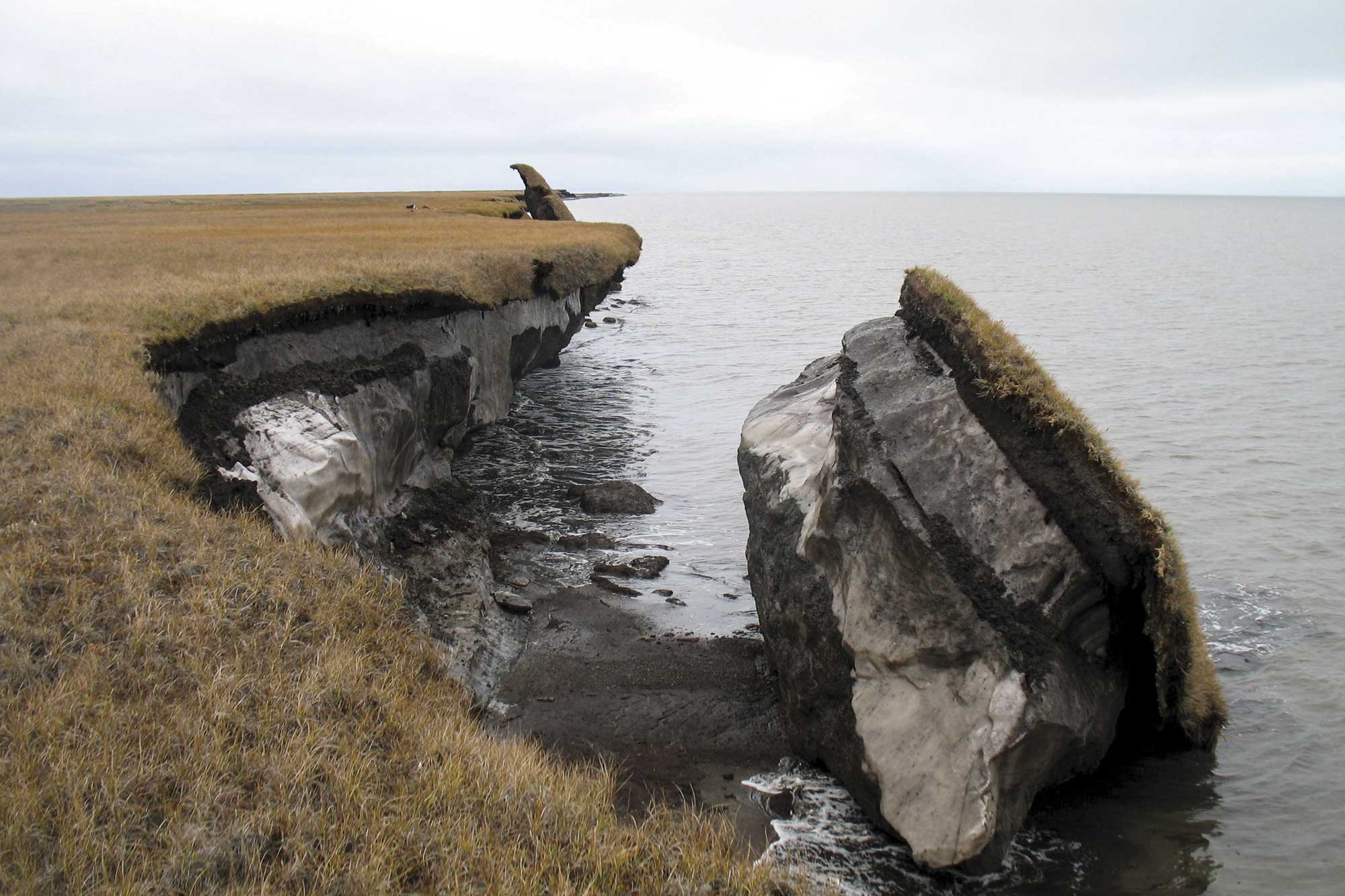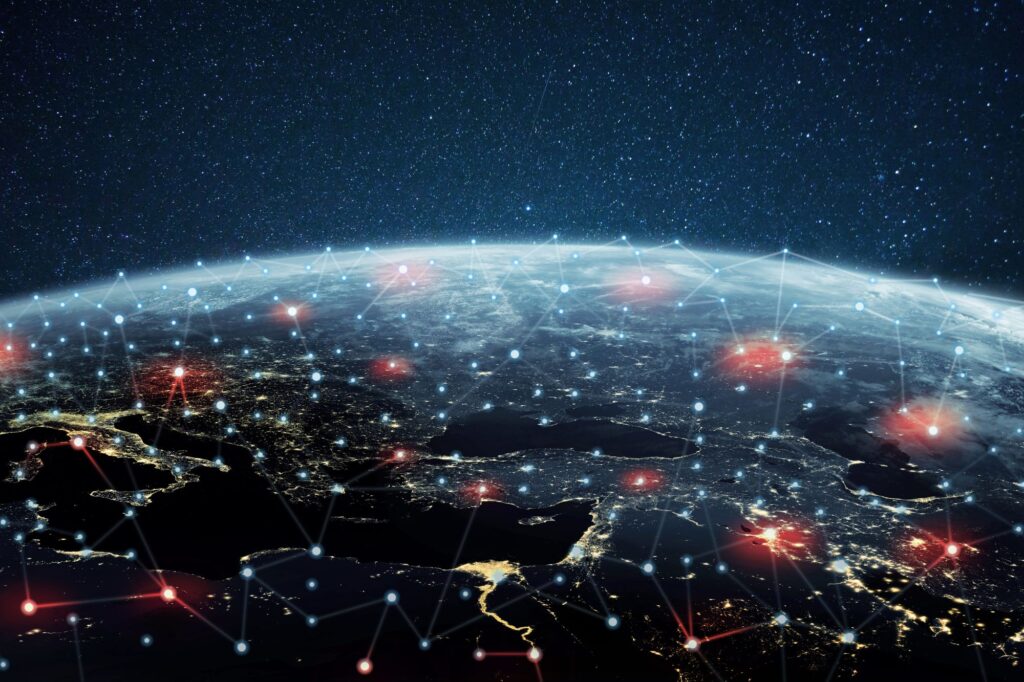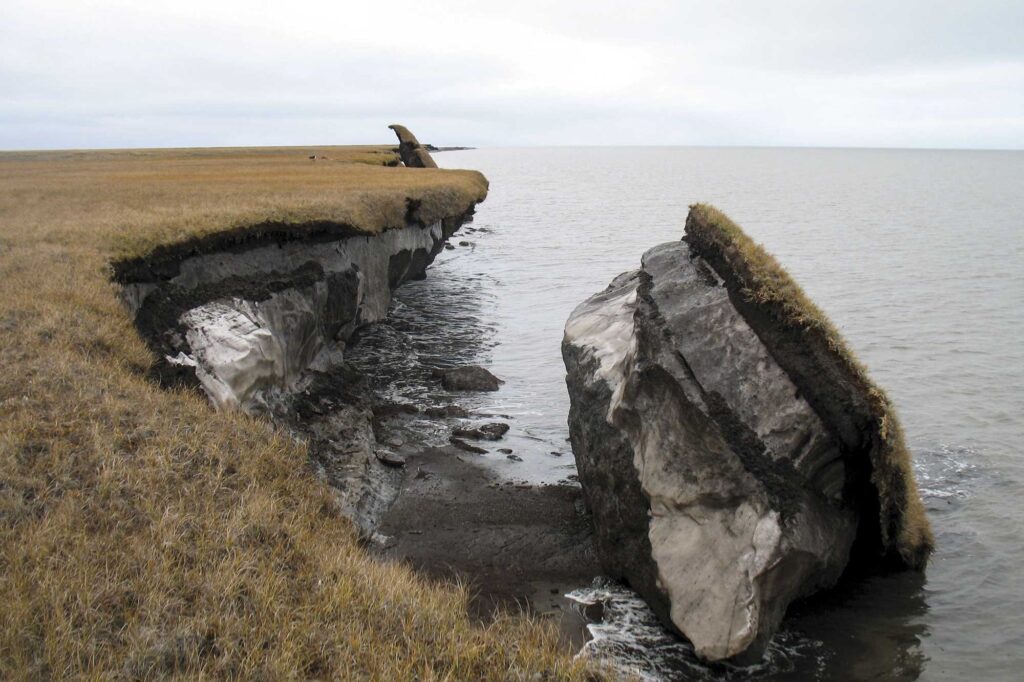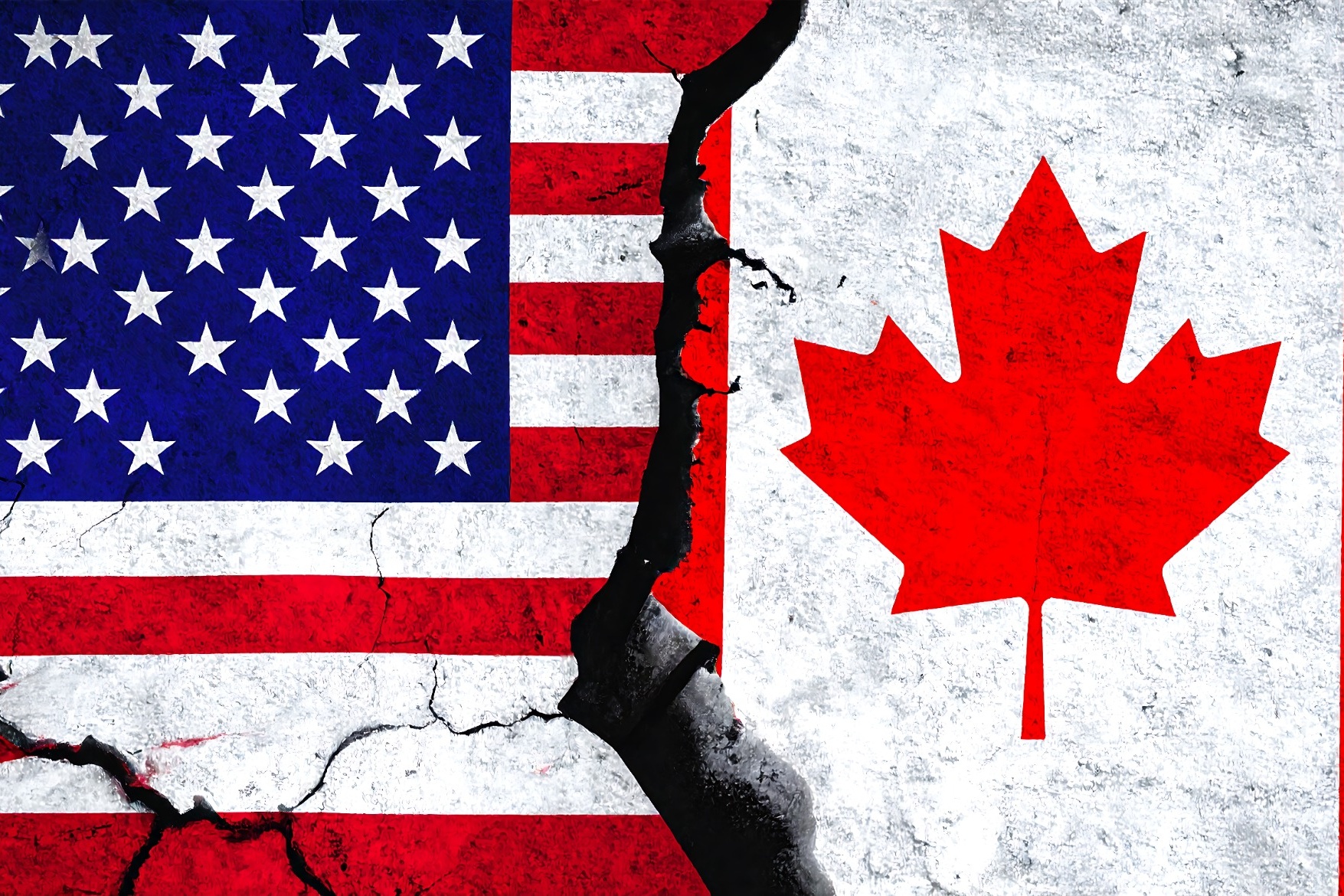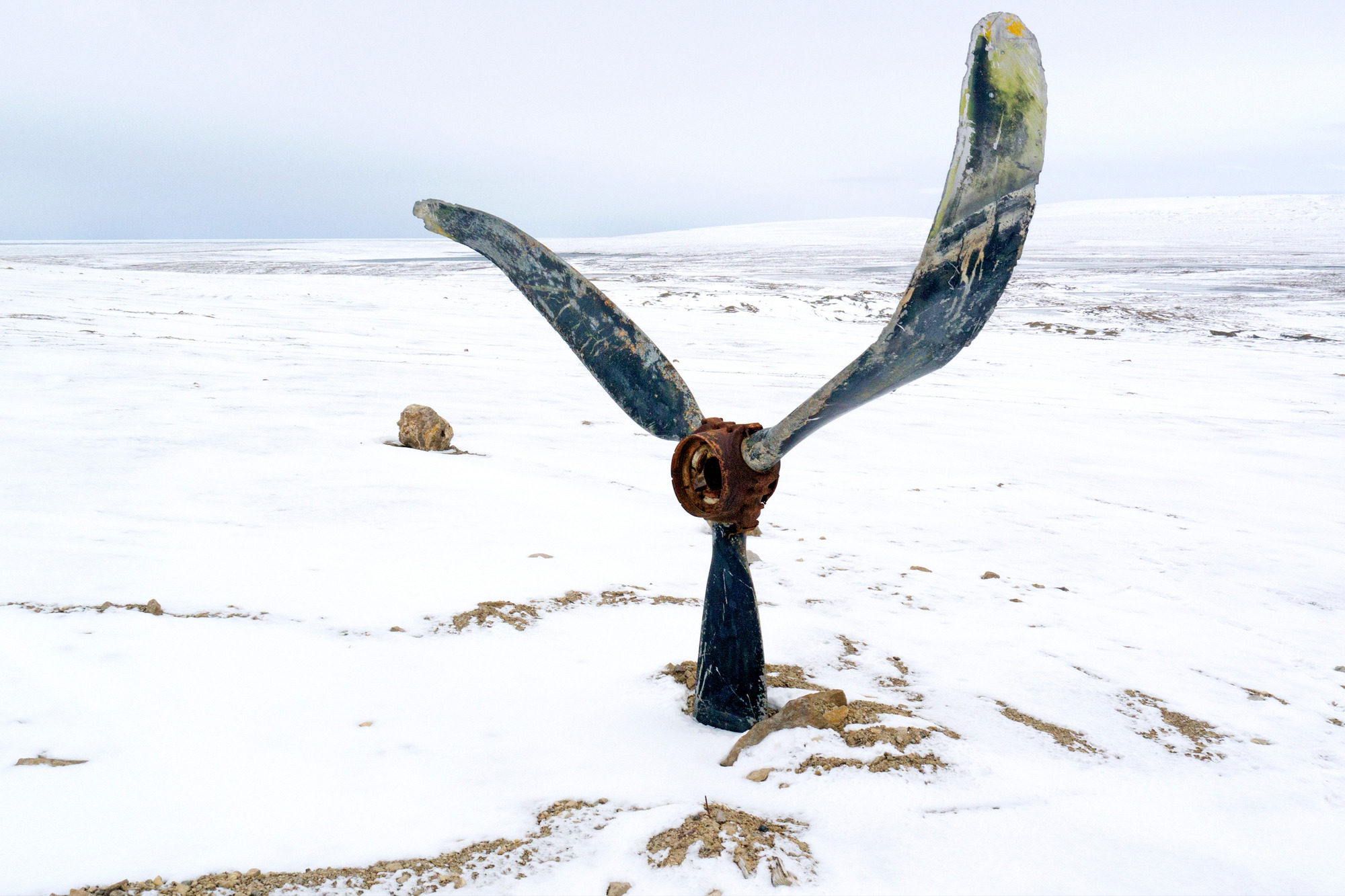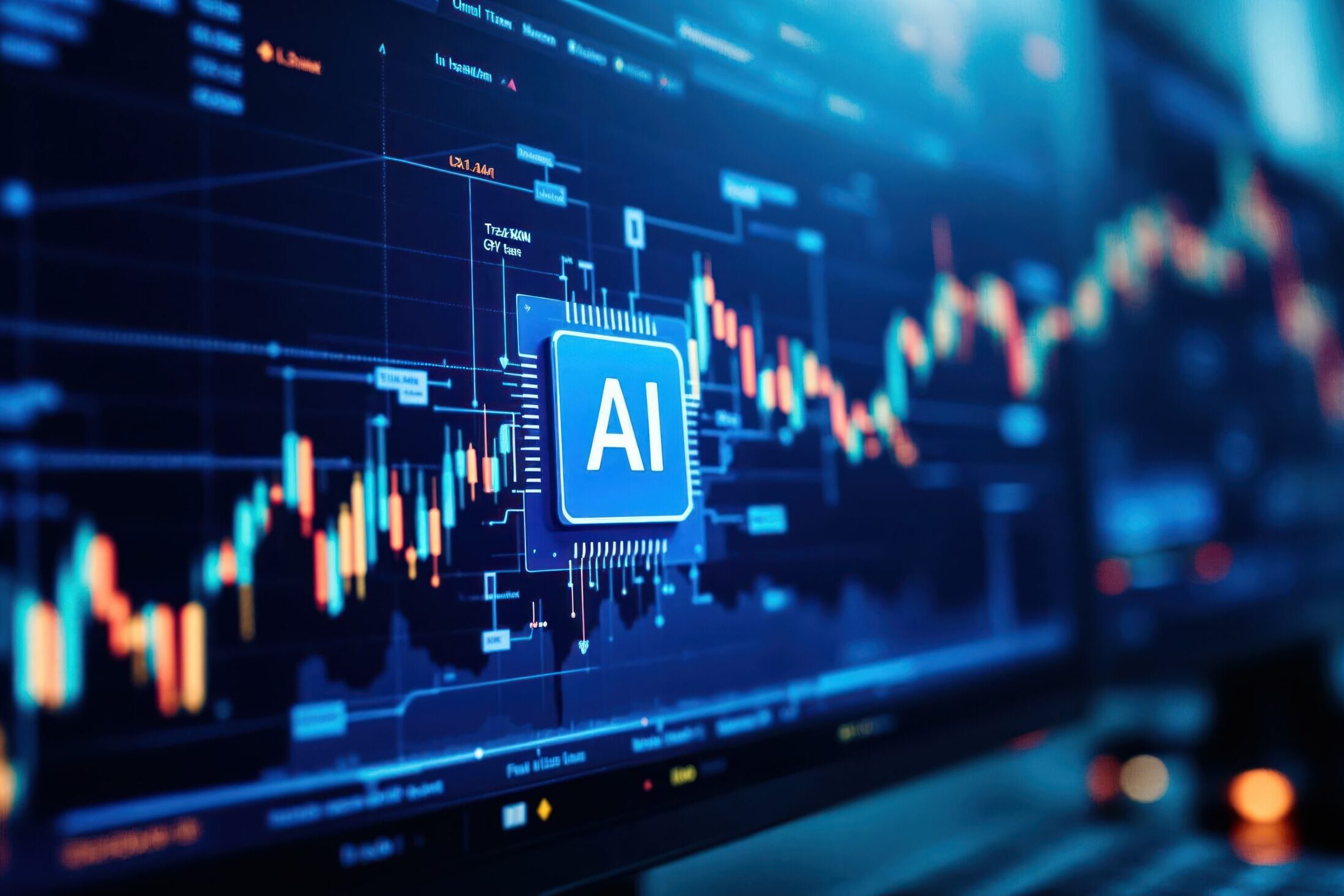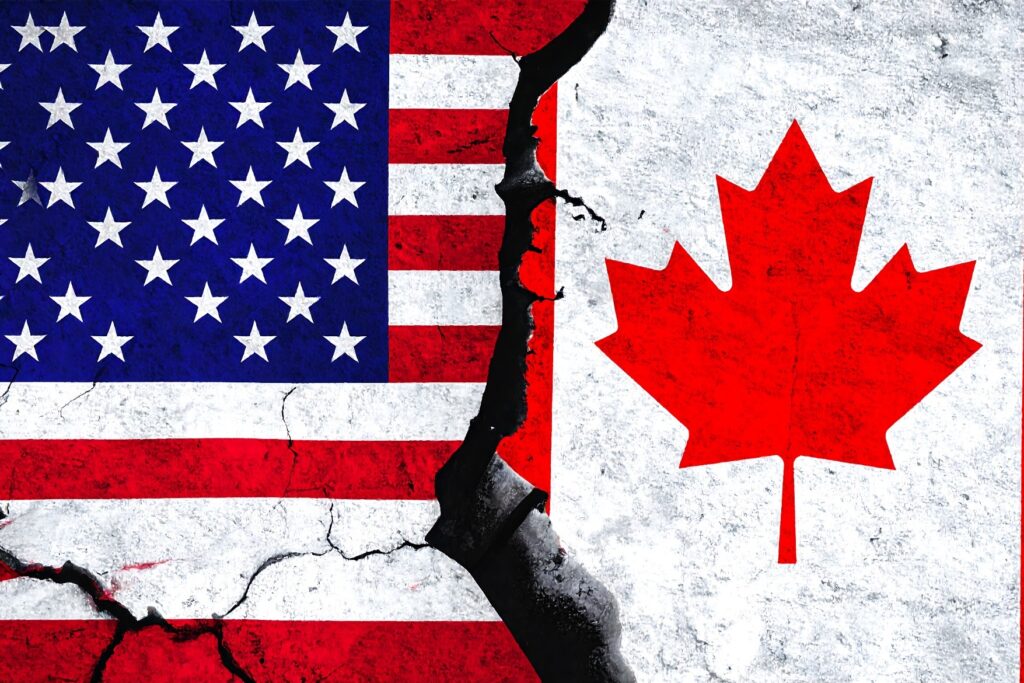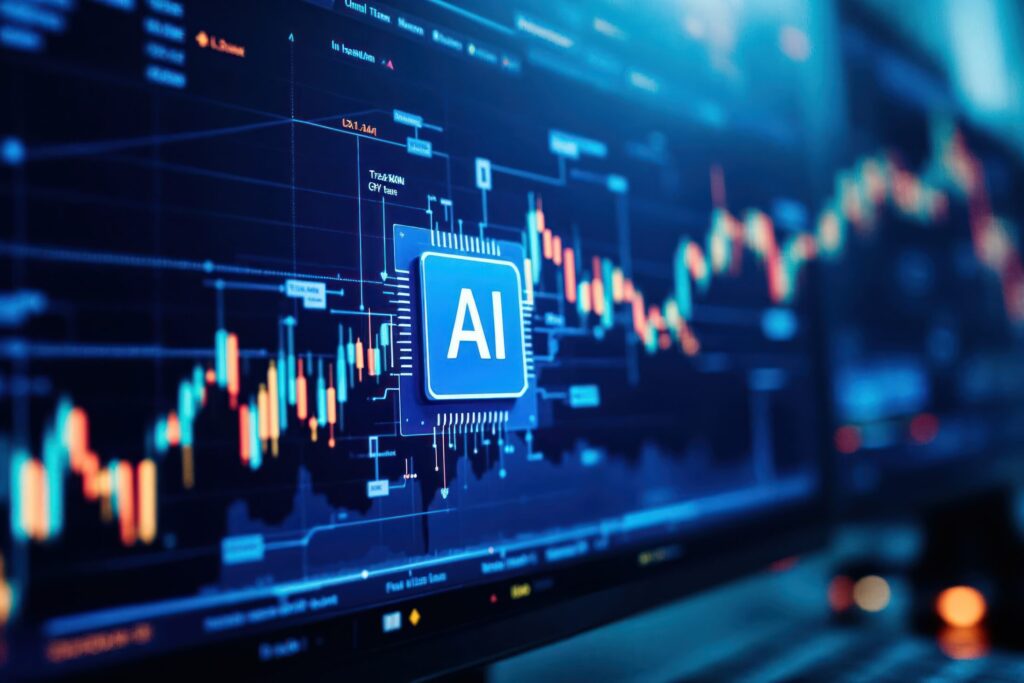We solve global problems
A Canadian research centre addressing urgent and entangled global problems. We anticipate future crises and identify high-leverage interventions to change humanity's course for the better.
We solve global problems
A Canadian research centre addressing urgent and entangled global problems. We anticipate future crises and identify high-leverage interventions to change humanity's course for the better.
PROGRAMS
Research & Analysis
Global Systemic Stresses: Understanding the drivers of polycrisis
Polycrisis program
Michael Lawrence, Megan Shipman, and Chris Collins
A Global Risk Institute research report of the longer-term systemic stresses driving the polycrisis.The Deep Heat Advantage
Geothermal program
Gordon Brasnett, Megan Eyre, and Peter Massie
A techno-economic analysis of enhanced geothermal systems in western and northwestern CanadaDefending Canada’s Democracy: A strategic framework
Democracy program
Cascade Institute fellows and staff
An analysis of the forces destabilizing Canada's democracy and a framework for building the country’s economic and social resilience.Protecting Permafrost: Addressing the climate threat of Arctic thaw
Permafrost carbon program
Ian Graham
A report assessing the climate threat of Arctic permafrost thaw, potential interventions to address it, and related policy recommendations.Artificial Intelligence and Energy Innovation: Submission to NRCAN
Geothermal Energy Office
CI-GEO staff
Applying AI to geothermal energy can unlock an abundant source of clean, secure, baseload electricity needed to power AI itself. This opens the door to a virtuous cycle akin to the steam engine and coal that sparked the industrial revolution.Global Systemic Stresses: Understanding the drivers of polycrisis
Polycrisis program
Michael Lawrence, Megan Shipman, and Chris Collins
A Global Risk Institute research report of the longer-term systemic stresses driving the polycrisis.The Deep Heat Advantage
Geothermal program
Gordon Brasnett, Megan Eyre, and Peter Massie
A techno-economic analysis of enhanced geothermal systems in western and northwestern CanadaProtecting Permafrost: Addressing the climate threat of Arctic thaw
Permafrost carbon program
Ian Graham
A report assessing the climate threat of Arctic permafrost thaw, potential interventions to address it, and related policy recommendations.Defending Canada’s Democracy: A strategic framework
Democracy program
Cascade Institute fellows and staff
An analysis of the forces destabilizing Canada's democracy and a framework for building the country’s economic and social resilience.News & Views
Canada must consider the risk of U.S. coercion
Thomas Homer-Dixon and Adam Gordon
The Globe and Mail
Canadians must confront an unsettling new reality that the U.S. could use military coercion against Canada, argues a recent Globe and Mail op-ed co-authored by Cascade Institute Executive Director Thomas Homer-Dixon and Adam Gordon, an affiliated Cascade researcher and former legal adviser to Canada’s Minister of Foreign Affairs.
Welcome to the Polycene
Thomas Friedman
The New York Times
The Polycene, Friedman writes, “will be the first era in which humanity must govern, innovate, collaborate and coexist at a planetary scale in order to thrive.”
How the polycrisis is making young people Canada’s unhappiest generation
Nicole Thompson
The Canadian Press
Experts including Cascade Institute fellow Megan Shipman explain how Canadian youth are particularly affected by the Polycrisis.
Crisis and resilience: An interview with Thomas Homer-Dixon
Scott Douglas Jacobsen
Insight Publishing
How complexity science can help us make sense of today’s interconnected global challenges.
Geothermal power is the key to cheaper energy in the Canadian Arctic
Gordon Brasnett, Leighton Gall, and Peter Massie
The Globe and Mail
To defend its sovereignty, Canada should launch Project AURORA – the Arctic Underground Research Observatory for Resource Advancement.
AI disruption points to higher taxes on big tech
Christopher Collins and Matt Gerken
Investment Week
AI’s disruption of jobs will spur governments to raise taxes on Big Tech to support displaced workers.
Would you die for Canada? Polling suggests Canadians are more willing to fight for their country
Thomas Homer-Dixon and Toby Shannan
The Globe and Mail
Polling data shows most Canadians are willing to fight to defend their country against military attack.
Canada must consider the risk of U.S. coercion
Thomas Homer-Dixon and Adam Gordon
The Globe and Mail
Canadians must confront an unsettling new reality that the U.S. could use military coercion against Canada, argues a recent Globe and Mail op-ed co-authored by Cascade Institute Executive Director Thomas Homer-Dixon and Adam Gordon, an affiliated Cascade researcher and former legal adviser to Canada’s Minister of Foreign Affairs.
Welcome to the Polycene
Thomas Friedman
The New York Times
The Polycene, Friedman writes, “will be the first era in which humanity must govern, innovate, collaborate and coexist at a planetary scale in order to thrive.”
How the polycrisis is making young people Canada’s unhappiest generation
Nicole Thompson
The Canadian Press
Experts including Cascade Institute fellow Megan Shipman explain how Canadian youth are particularly affected by the Polycrisis.
AI disruption points to higher taxes on big tech
Christopher Collins and Matt Gerken
Investment Week
AI’s disruption of jobs will spur governments to raise taxes on Big Tech to support displaced workers.



